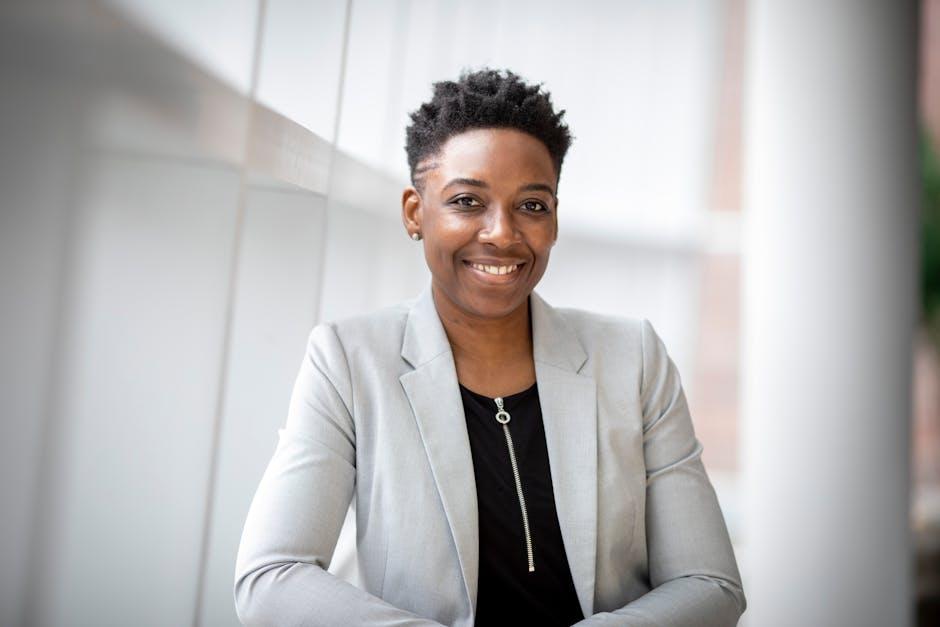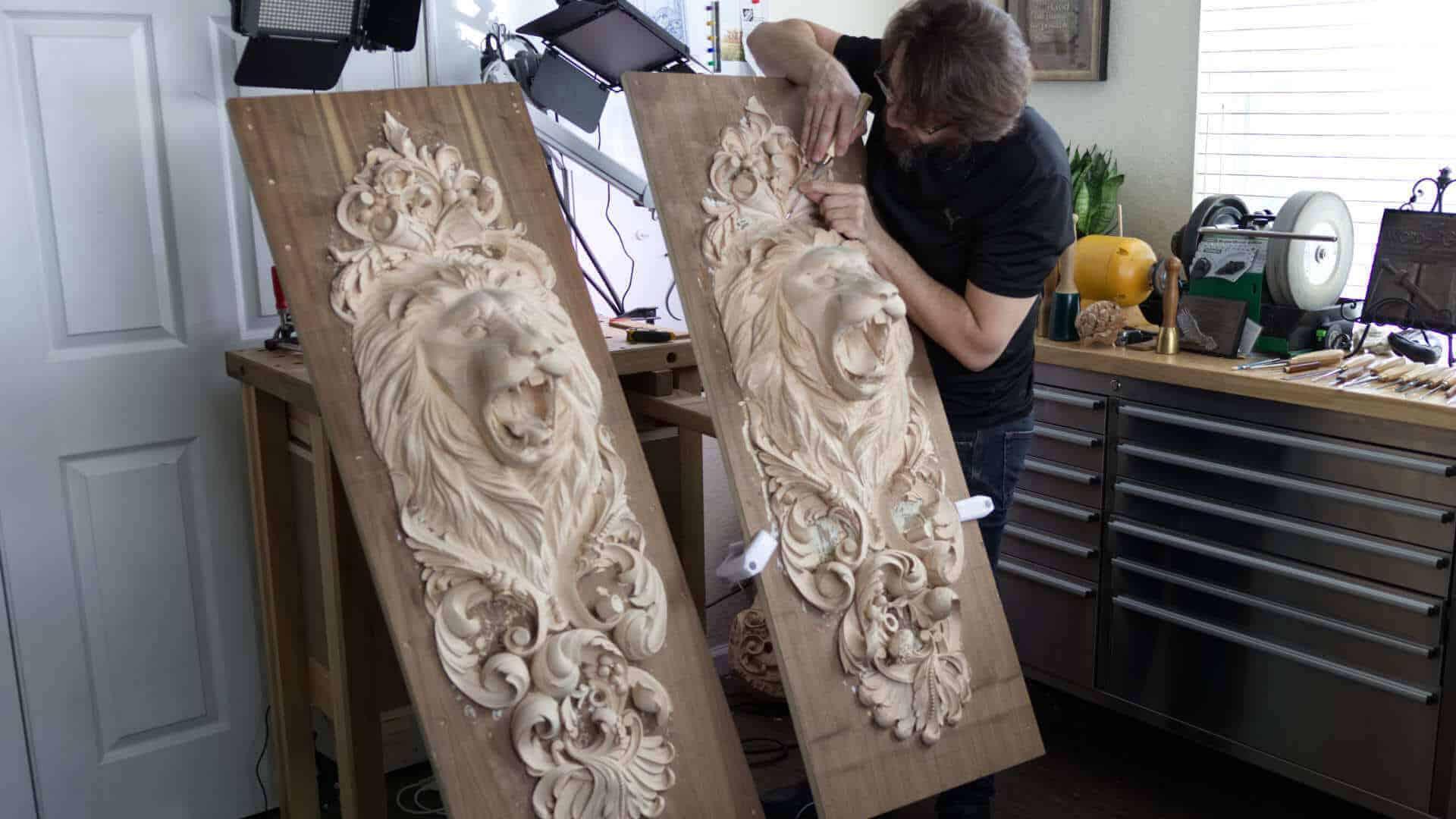In today’s fast-paced world, where digital interactions often overshadow genuine human connections, cultivating vulnerability and openness in relationships can seem daunting yet profoundly rewarding. Embracing vulnerability is not a sign of weakness; rather, it is a courageous step towards deeper, more meaningful connections. By allowing ourselves to be seen for who we truly are, we create a space for authentic communication and mutual understanding. This article will guide you through practical steps to break down emotional barriers, enhance trust, and nurture relationships that thrive on honesty and openness. Whether you’re looking to strengthen existing bonds or forge new ones, understanding how to be vulnerable and open is a transformative skill that can enrich every facet of your life.
Understanding the Importance of Vulnerability in Building Strong Connections
Vulnerability often carries a stigma of weakness, yet it is one of the most powerful tools for fostering deep and meaningful connections. Being vulnerable means allowing others to see our true selves, including our fears, desires, and insecurities. This openness can create a profound sense of trust and intimacy, laying the groundwork for a relationship that thrives on authenticity. When we are willing to be vulnerable, we invite our partners to do the same, creating a safe space for honest communication and emotional connection.
Here are some ways to embrace vulnerability in your relationships:
- Share Your Feelings: Open up about what you’re experiencing emotionally, even if it feels uncomfortable. This encourages mutual understanding and empathy.
- Ask for Help: Don’t shy away from seeking support when you need it. This shows trust and reinforces the bond with your partner.
- Admit Your Mistakes: Acknowledge when you’re wrong. Owning up to your faults fosters respect and demonstrates a commitment to growth.
By embracing vulnerability, you can cultivate relationships that are not only resilient but also deeply fulfilling.

Cultivating Emotional Openness Through Active Listening and Honest Communication
One of the most profound ways to foster emotional openness in relationships is by mastering the art of active listening and engaging in honest communication. Active listening requires you to be fully present and attentive, creating a safe space for your partner to express themselves without fear of judgment. This means putting away distractions, maintaining eye contact, and showing genuine interest in what they have to say. When you listen actively, you validate your partner’s feelings and experiences, making them feel heard and understood.
Equally important is the practice of honest communication. Being truthful and transparent in your interactions builds trust and deepens your connection. To communicate effectively, consider the following:
- Express your feelings and needs clearly without placing blame.
- Use “I” statements to take ownership of your emotions.
- Be open to feedback and willing to adjust your perspective.
- Acknowledge and validate your partner’s emotions, even if you don’t agree.
By combining these practices, you not only enhance your emotional bond but also create a nurturing environment where vulnerability is met with empathy and understanding.

Overcoming Fear and Building Trust to Foster Deeper Intimacy
Facing our fears in relationships often requires us to step into the unknown and confront our insecurities. It’s a process that demands courage, but the rewards are profound. To cultivate trust, start by acknowledging your fears and understanding their origins. This self-awareness is the first step in dismantling the barriers that keep us from true intimacy. Open conversations about these fears can transform them from obstacles into opportunities for connection. Share your thoughts honestly, but remember to listen actively as well. This mutual exchange fosters an environment where both partners feel safe to be their authentic selves.
- Practice Transparency: Regularly share your feelings and thoughts, even when they’re uncomfortable. This transparency nurtures trust and dismantles walls.
- Embrace Vulnerability: Recognize that vulnerability is not a weakness but a bridge to deeper connection. Allow yourself to be seen and understood.
- Cultivate Empathy: Strive to understand your partner’s perspective. Empathy builds a foundation of respect and mutual understanding.
As you work through these steps, remember that trust is not built overnight. It’s a continuous journey where both partners commit to growth and understanding. With patience and dedication, the fears that once held you back can become the stepping stones to a more profound and fulfilling relationship.
Practical Strategies for Embracing Vulnerability in Everyday Interactions
Embracing vulnerability in everyday interactions can transform relationships, fostering deeper connections and understanding. To integrate vulnerability into your daily life, start by practicing active listening. This involves truly hearing the other person without preparing your response while they are speaking. Acknowledge their feelings and reflect back what you’ve heard to show empathy and understanding. This simple act of being present can encourage others to open up and share more of themselves.
- Share Your Own Experiences: Open up about your own feelings and experiences, even if they seem trivial. This invites others to do the same.
- Express Gratitude: Regularly express appreciation for the openness and honesty of others, reinforcing a safe space for vulnerability.
- Accept Imperfections: Embrace your own flaws and uncertainties, and communicate them openly. This normalizes vulnerability and creates mutual trust.
Integrating these strategies into your interactions can gradually build a culture of openness and trust. Remember, vulnerability is a strength, not a weakness, and it lays the foundation for more meaningful relationships.




